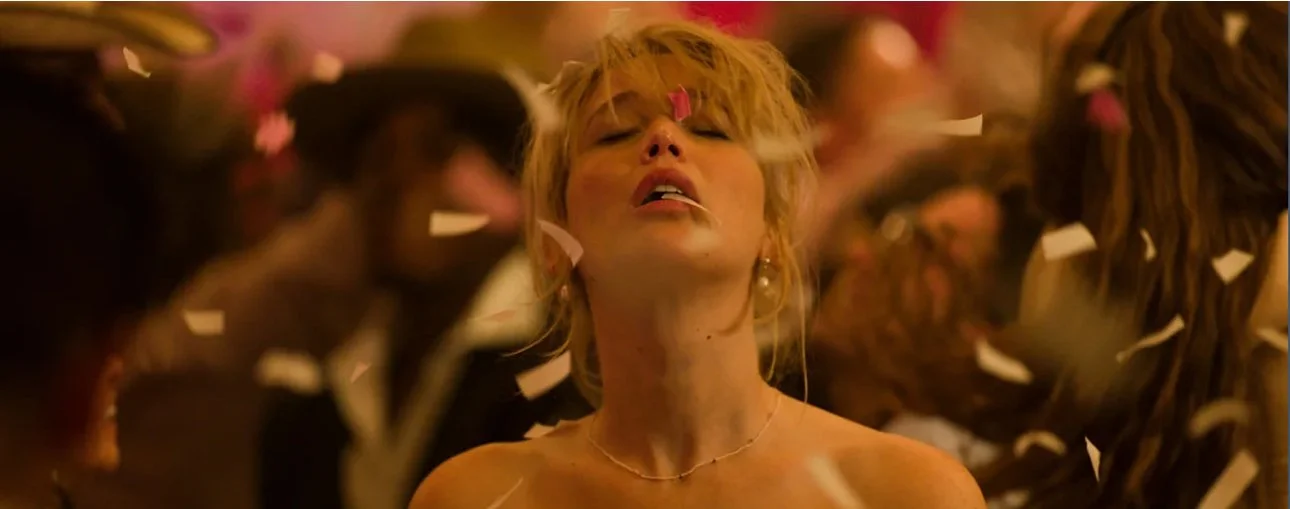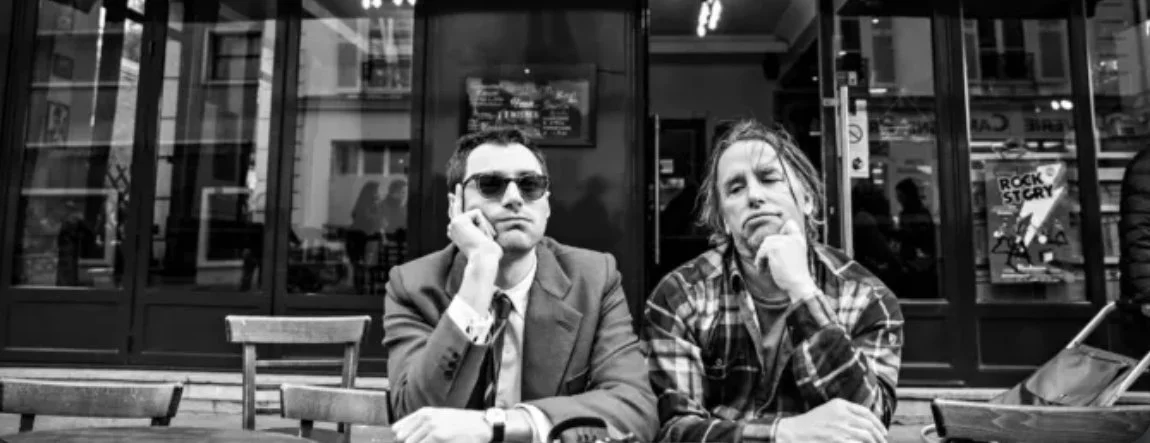There have been some darts aimed at Alex Garland’s “Civil War” for not using today’s politics as a blueprint for its tackling of a divided and war-torn America. That’s actually what I liked about the film. It’s subtle, doesn’t delve into Trump-era theatrics, and still manages to create a convincing setting.
Garland's story leaves unanswered questions as to how the war being portrayed onscreen began – and who the good guys are. There is a purposeful lack of context in the film, there are no moral lessons given either, and the closest hint to politics is a quick reference to the President’s disbanding of the FBI and how he’s serving a “third term”.
The main character here is Lee (Kristen Dunst), an acclaimed war journalist who, in the thick of American civil unrest, decides to, along with three other journalists, drive from New York to Washington, D.C., hoping to interview the president (Nick Offerman). They want to get there before rebel forces, led by Texas and California, reach the White House.
Joining Lee on this “road trip” are Joel (Wagner Moura) and Sammy (Stephen Mckinley). Then there’s wide-eyed rookie Jessie (Cailee Spaeny, wonderful) who, much to Lee’s chagrin, manages to sneak her way into their beat-up truck for the journey to DC.
And so, we follow these four individuals as they head to the nation’s capital, dodging plenty of bullets along the way and encountering a country in total collapse. Garland’s film is episodic, but also deeply attuned to develop these four main characters. It avoids the usual “war is hell” mantra by, at times, feeling damn-near solemn in the way it focuses on interaction and dialogue.
Save for the viscerally gut-punching finale, Garland opts to make his film a character study rather than an action film. It’s not about war as much as war journalism — a profession that’s always been about adrenaline-fueled addiction — and the war itself sometimes feels more like background than story.
The film shows how desensitized the country has become to the violence around them, to the point of banality. This doesn’t mean that our main protagonists don’t encounter a barrage of bullets along the way. Take, for example, the scene where Jesse Plemons shows up as an armed “soldier” who stops the group and demands to know “what kind of Americans” they are. It’s a tense, venomous, palm-sweating confrontation that rattles you.
Garland’s film is fantasy; it’s world building that, despite its purposeful avoidance of current-day headlines, manages to still convince us that this could very well happen in our own backyard. It certainly helps that all of the performances are top-notch, especially Dunst, who delivers one of the best performances of her career — with heavy bags under her eyes, her Lee is a wounded soul who has seen it all in war zones.
Those looking for action in “Civil War” might be sorely disappointed. Rather, it’s more interested in people than politics. It’s also about objective journalism — none of the main characters take sides, nor do they criticize the President or the rebels fighting him. That’s why the film works so well. It’s not exploitative and yet, still terrifying. There’s no speechifying or talking down to the viewer — it’s up for us to decide how it all went very wrong. [B+]





